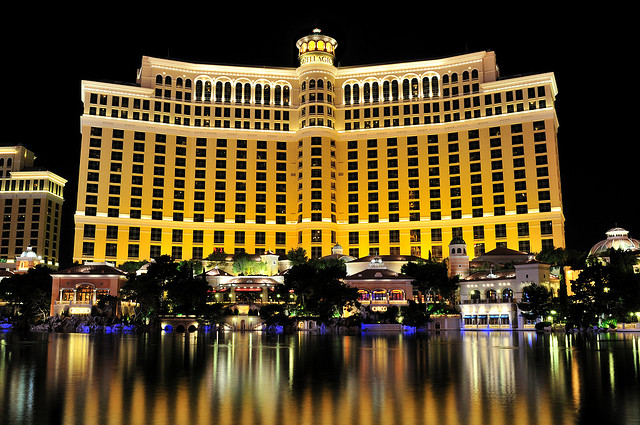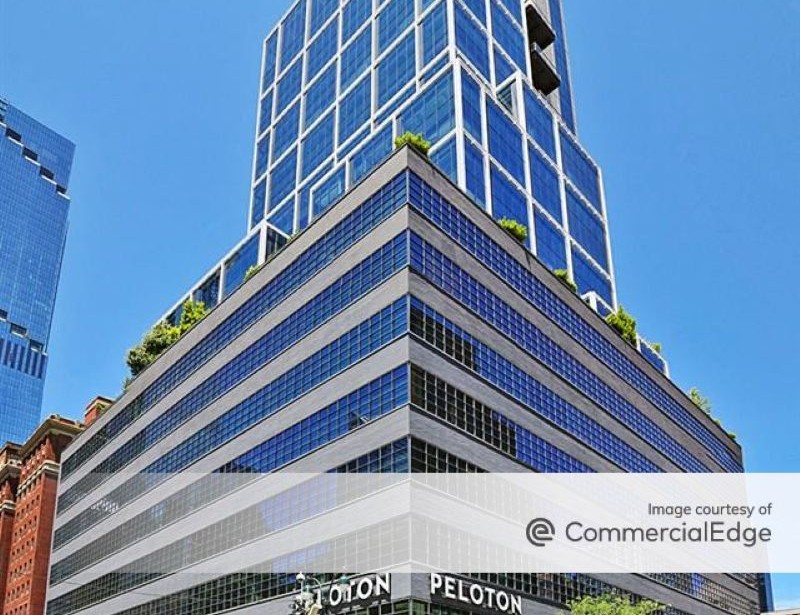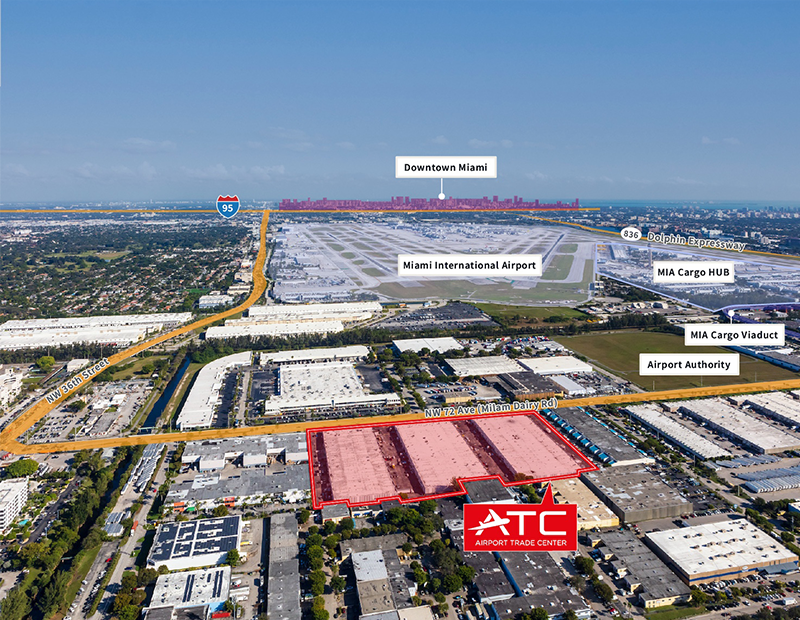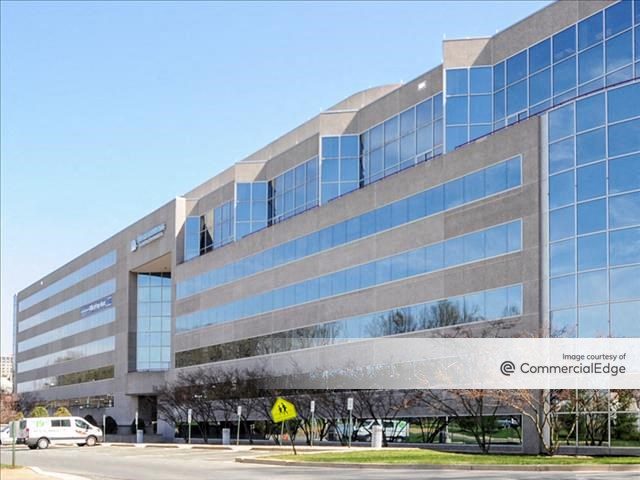PKF Report: Hotels Will be a Bright Spot Amid Economic Gloom
Amid the other bad news, it's good to read a report that claims "it is tough not to be optimistic regarding the future of U.S. hotels." PKF Hospitality Research's analysis of the hospitality industry claims a 7.2 percent rise in RevPAR for 2011.
September 23, 2011
By Nicholas Ziegler, News Editor
Amid the other bad news, it’s good to read a report that claims “it is tough not to be optimistic regarding the future of U.S. hotels.” PKF Hospitality Research has just released its most recent analysis of the hospitality industry, and while level don’t quite reach those of the pre-recession era, the firm has increased its RevPAR estimates to a 7.2 percent rise, beating the 6.9 percent it published in June.
“After a thorough analysis of the latest lodging performance and economic data, it is tough not to be optimistic regarding the future of U.S. hotels,” R. Mark Woodworth, president of PKF, said. “Our investigation of the relationships between economic factors and lodging fundamentals reveals some deep high correlations that bode well for future lodging demand and pricing.”
Since June’s numbers were published, numerous factors have influenced the economy, many of them for the worse. There was the Standard & Poor’s downgrade of U.S. debt which, while affecting the country’s rating “only to a small degree,” according to the agency, was a symbolic nod to Congressional infighting. There was the consistent drop in employment numbers, which has created additional uncertainty in the market as to how standard indicators will react to future concerns. And, of course, there’s the rising concern about European debt, which is causing even economists to wonder how we’re going to weather the storm.
So why is the outlook on hotels suddenly positive?
“Our reading of the economic tea leaves is that 91 percent of the people in the labor force have jobs, the unemployment rate among educated workers who make up a large share of the traveling public is less than five percent, and employed workers are receiving real wage increases,” John Corgel, senior advisor to PKF, said. “Moreover, corporate profits keep soaring to new highs which add layers of confidence for spending on business travel.”
And the numbers bear that prediction out. From the first quarter of 2010 through the second quarter of 2011, lodging demands in the country have averaged year-over-year gains of 6.9 percent, far surpassing the long-run average of 1.8 percent. Compounding the increased demand will be a slowdown in construction. Due to the weak economy, new hotel starts have stalled and PKF is expecting only a 0.7 percent rise in the number of available rooms.
With demand expected to outpace supply, occupancy for U.S. hotels is expected to increase from 57.6 percent in 2010 to 59.8 percent in 2011, eventually reaching a level of 61.2 percent in 2012. The research firm’s forecasts for growth “in unit-level hotel profits are even more bullish,” with expectations that net operating income will increase by more than 15 percent in 2011 and 2012.
“The overall health of the economy certainly presents challenges for U.S. hotel owners and operators,” Woodworth said. “But if you isolate those factors that have, and will have, the greatest impact on the lodging industry, the outlook is relatively optimistic. In fact, given the forecast increases in revenues and profits, one can make the case that we are entering one of the most promising periods of performance in U.S. lodging history.”








You must be logged in to post a comment.